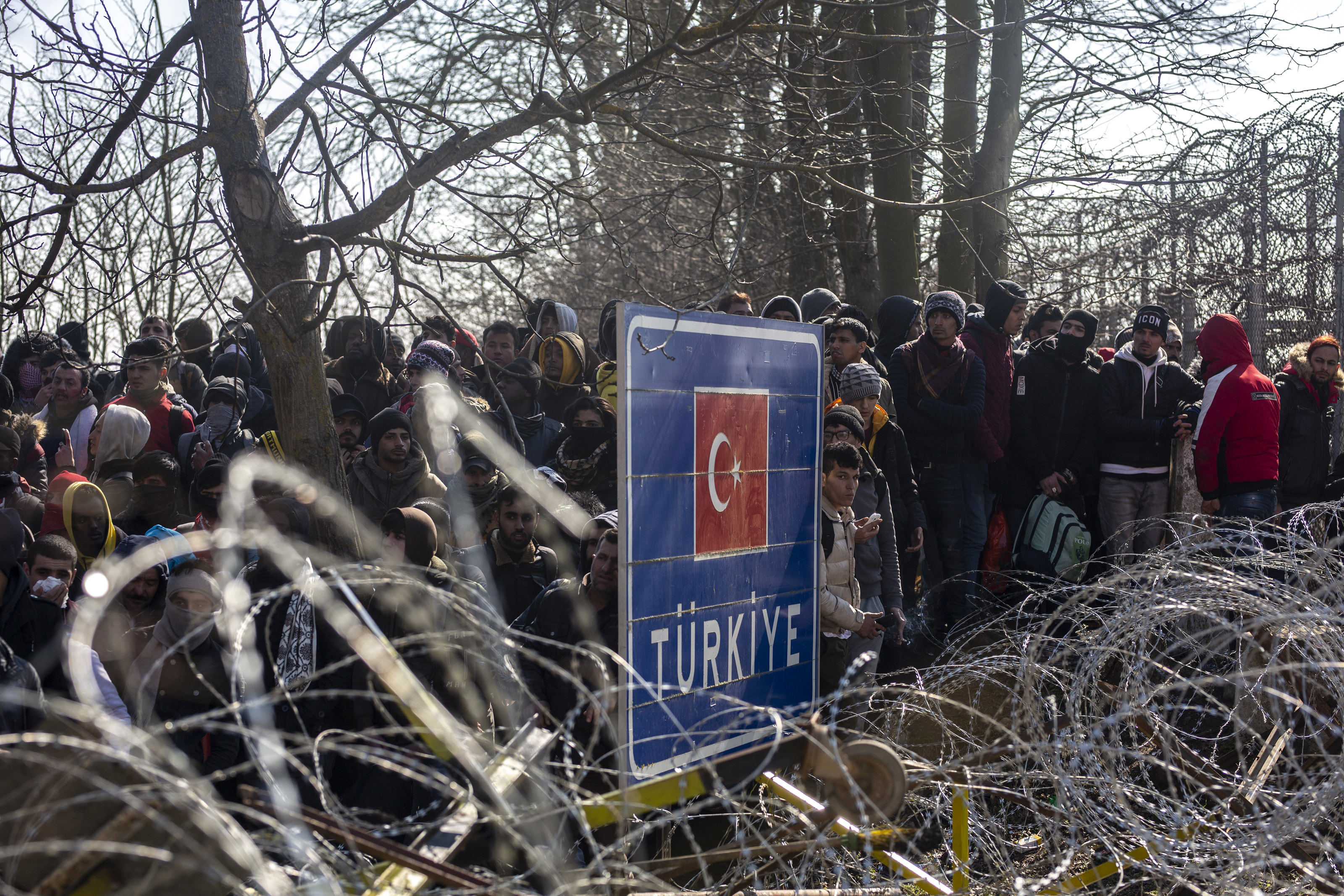COVID-19 has highlighted the vulnerabilities of refugees and migrants around the world, many of whom have been caught in transit as governments shut down borders. The virus is also placing increasing strain on migration pressure points, while enabling new migration trends to emerge. This has been particularly evident in Eastern Europe. Thousands of refugees gathered at the Turkey-Greece border at the beginning of the crisis, hoping to cross European Union borders. Meanwhile, many Ukrainian migrants living and working in Poland are leaving the EU to reach their homes and families.
The Middle East Institute (MEI) is pleased to host a virtual panel in collaboration with the Centre for Eastern Studies (OSW) in Poland. The event will focus on the challenges facing refugees and migrants in Eastern Europe during COVID-19, as well as the response of governments and the European Union. What are the economic, political and security implications for the region? Are policymakers considering refugees in their COVID-19 preparations? Is the pandemic fueling anti-refugee sentiment in countries like Poland and Turkey? What is the role of the European Union in coordinating a regional response, and is it delivering?
Co-Sponsor
Established in 1990, OSW is a Warsaw-based institution providing research and policy analysis on the major social, political and economic issues facing Poland and its surrounding countries.
Speakers:
Adam Eberhardt
Director, OSW
Holger Fabian Sahl
Strategic Analyst, Frontex
Gonul Tol
Director of the Turkey Program, MEI
Iulia Joja, moderator
Senior Fellow, Frontier Europe Initiative, MEI












